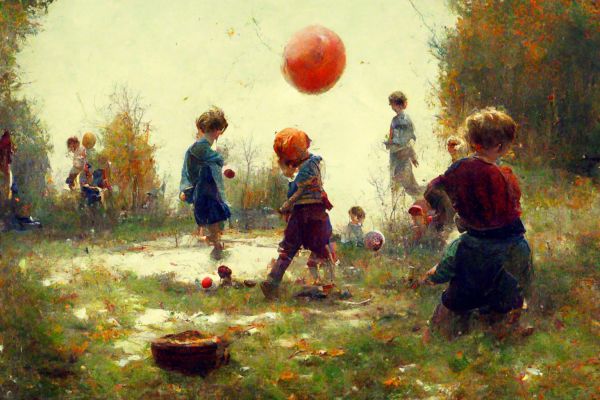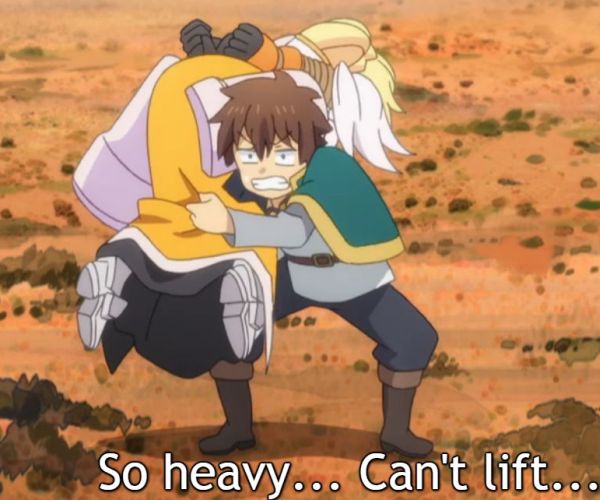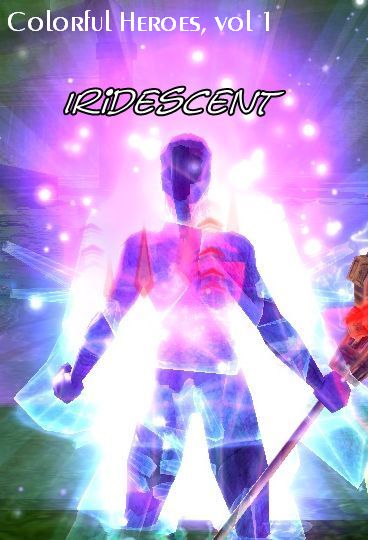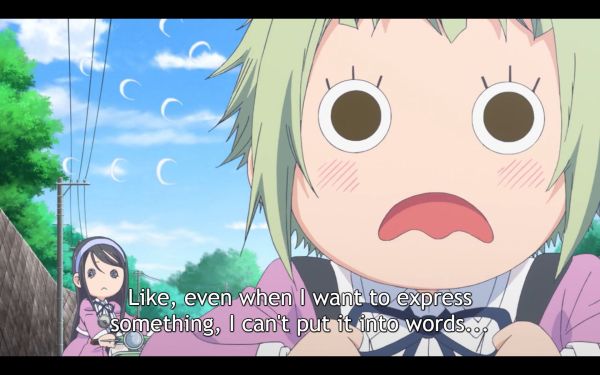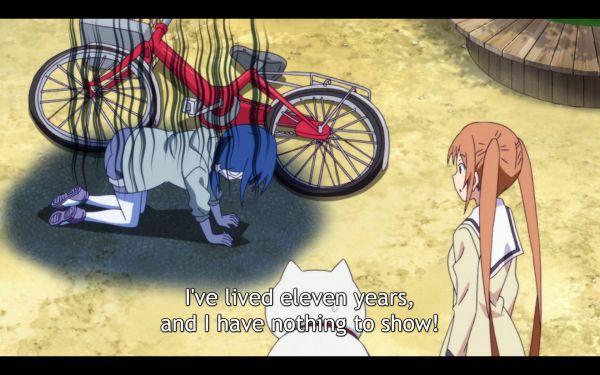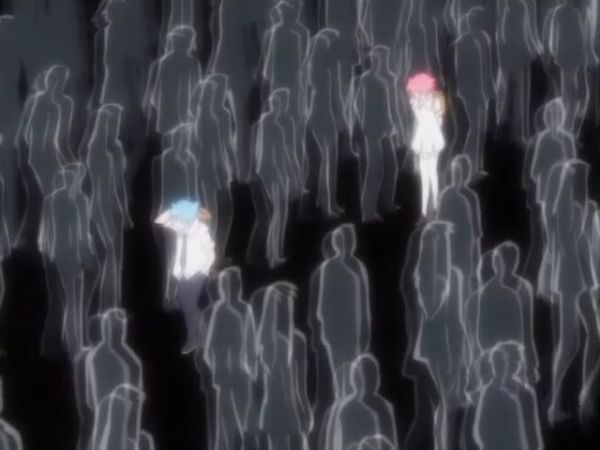
Not a G.I.R.L. (Guy In Real Life) – illustration loosely based on the female main character of my test project.
This week, I tested Sudowrite on a project that should be hard for an automaton without real intelligence: A modern romantic comedy that takes place partly in an online roleplaying game and partly in real life. The online character has a different name, appearance, and behavior from the physical player. Mixing these up should be really easy if you don’t actually understand the text, and would be catastrophic for the storytelling. In this story, there is actually a hint of a third layer, as the female main character is a woman both offline and online, but online claims to be a man in real life to avoid sexual harassment.
To my amazement, the artificial intelligence was quite good at keeping track of dual identities. There was the occasional slip-up with the female character, whose online name (Manilla) was similar to her real name (Magnhild). I have still not found any such confusion with the male main character, who is more different in both name and appearance from his character. As expected, the AI seems to have given up on the subplot of the female in real life whose female online character pretended to be male in real life. Hey, I am not even sure if you, noble reader, can wrap your head around this without effort. Probably, if you’re here in the first place. But the AI seems to have just decided to skip it, and I can’t blame it. I am impressed it did as well as it did.
***
The other problems remain. The AI is amazing at making a chapter-by-chapter outline of the whole novel, but struggles with getting from chapter to scene. In one of the early chapters, it wrote the same scene three times in a row but slightly different each time. It goes through an intermediate stage called story beats, and these are short and fairly generic by default. You can go in and heavily edit and expand them to avoid this kind of slip-up, but it is clear that the AI struggles with the process of creating a scene from its own story beats. This is kind of ironic, since you would think it was easier for it to write a good scene based on its own story beats rather than those of another, but the opposite is true. Rewriting the story beats constitutes by far most of the work of creating an AI draft with Sudowrite. I am not impressed with the prose either, but it is not outright embarrassing like the scene composition. It is low-grade commercial prose, I’d say. Like the Amazon novels that cost $0.99 to $1.99. If you want to sell for $2.99, you should probably write better.
But my message today was actually meant to be positive. I am impressed that an AI can keep track of dual identities reliably. Online romance is not the only category where this would be useful. Superhero stories usually feature secret identities, and so may spy stories and shapeshifter stories like werewolf or vampire supernatural romance or drama. I guess the AI has been trained with so many books that it recognizes this trope innately.
***
If there are still people who have read my immense archives, they may recall that I made fun of early versions of the speech recognition Dragon NaturallySpeaking, comparing it to a homesick high school exchange student for its limited command of the English language. But a few years later it would pick up my Scandinavian-accented English better than some native English speakers. I fully expect something similar to happen to AI writing tools. They may be involuntarily amusing now, but in a few years – if we manage to avoid a global disaster – they may surpass amateur writers like me in pretty much every aspect.

